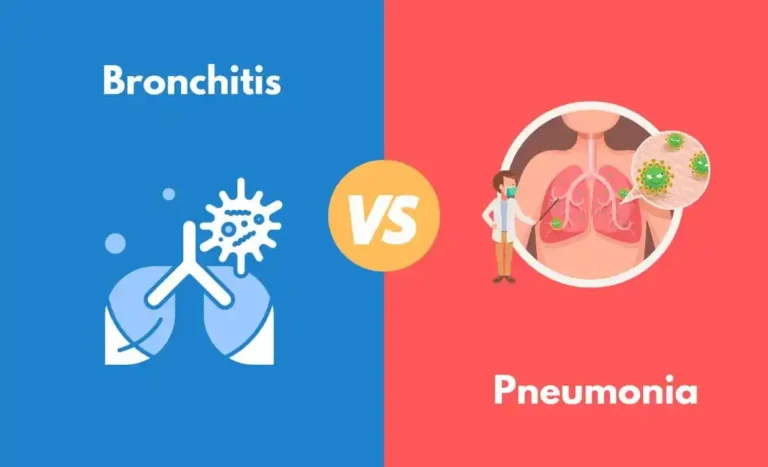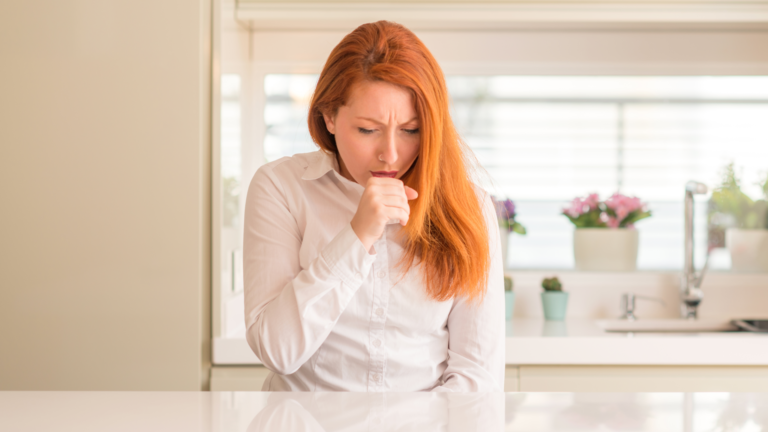A sinus infection, or sinusitis, occurs when the passages within your head and nose become swollen or filled with fluid. It is caused by a cold, allergies, or even bacteria.
When it does, you can experience facial pressure, a stuffy nose, headaches, or mucus running down your throat. These are the common symptoms people often notice during a sinus infection.
But did you know that dizziness can be caused by a sinus infection as well? Some people experience lightheadedness or lack of balance when their sinuses are inflamed, which can be confusing and even scary.
So, can sinus pressure cause dizziness? In this article, we’ll discuss how sinus infections impact your body, particularly your balance, and what you can do to feel better.
How Sinus Infection Can Impact Your Balance

Your sinuses are tiny areas within your head. They can be found behind the nose, eyes, and forehead. Your inner ear is not far away. Your inner ear keeps you balanced.
If your inner ear gets disrupted, it is hard for your body to stabilize. You can be dizzy, unsteady, or as if the room is spinning. This is vertigo. Some refer to it as sinusitis, vertigo, dizziness.
If you have ever experienced a sinus infection and became dizzy, this may be the reason. The pressure from your sinuses can confuse the messages your inner ear sends to your brain.
So yes, a sinus infection can make you dizzy and unbalanced.
Sinus Pressure and Dizziness Without Congestion

Most people believe dizziness from sinus issues only occurs when their nose is congested. However, this is not always the case. You may also be dizzy if you don’t have congestion in your nose called sinus pressure and dizziness, even without congestion.
This is how it operates:
- Sinus pressure may accumulate without symptomatic congestion. At times, the inner lining of your sinuses is inflamed and swollen, but mucus doesn’t obstruct your nose. So you may be able to breathe comfortably but experience pressure deep within your sinus cavities.
- Pressure in these secret areas can impact your balance. The sinuses are quite near your inner ear, which handles your balance. When pressure is applied to the ear region, it will confuse your brain regarding your position, and you will become dizzy or unbalanced.
- You could have lightheadedness or vertigo without having a stuffy nose. This could make it more difficult to relate your dizziness to sinus because you don’t have the typical symptoms such as congestion dizziness, or a runny nose.
- This kind of dizziness is frequently underdiagnosed. Physicians and patients are sometimes unaware that pressure in the sinuses, even without nasal congestion, can bring on dizziness. If you feel dizzy without a congested nose, sinus pressure could still be the reason.
Medical Treatment for Sinus-Related Dizziness

If you are dizzy and believe that a sinus infection is the source, you want to treat the infection and pressure. NovaMed Urgent Care can assist you in determining the proper treatment. Here’s what we may recommend:
- Antibiotics: If a bacterial sinus infection is your culprit, your physician may prescribe antibiotics. These work to clear out the infection and decrease swelling.
- Decongestants: These medications open up your sinuses. When your sinuses drain, the pressure decreases, and your dizziness can improve.
- Nasal sprays: Steroid sprays reduce swelling in the sinuses. This relieves pressure close to the inner ear and can prevent the sinus infection dizzy feeling.
- Antihistamines: If your sinus issues are caused by allergies, antihistamines can help relieve pressure and clear up congestion.
If you’re feeling a sinus infection, it’s a good idea to visit Urgent Care Center. Treating the cause can help your dizziness go away faster.
Home Remedies to Relieve Dizziness and Sinus Pressure
You can also do some easy things at home to make sinus pressure and dizziness better. These concepts can be helpful, particularly if you’re experiencing congestion, dizziness:
- Stay hydrated: Drink plenty of water. This thins the mucus in your sinuses and allows it to drain more easily.
- Use a humidifier: Moistening the air can calm your sinuses and ease pressure.
- Try steam inhalation: Inhaling warm steam can open up your nasal passages and let trapped pressure escape.
- Rest: Allow your body time to recover. Sleeping enough will let your immune system defeat infection.
- Saline nasal rinse: Rinsing your nasal passages with a saline solution can clear mucus and improve sinus airflow.
- Sleep with your head raised: Raising your head while sleeping allows sinus fluid to drain and lowers pressure.
- Avoid sudden head movement: Sudden head movement will exacerbate dizziness. Go slowly and deliberately.
- Restrict caffeine and alcohol: These will dehydrate you, and this could make dizziness worse.
- Take light and healthy food: Dizzying meals can aggravate dizziness. Opt for plain, wholesome food to aid recovery.
Taking these easy steps can make you feel better and relieve the dizziness that results from sinus issues.
Conclusion
Dizziness can be frightening, particularly when accompanied by sinus pressure or pain. Most people in Chicago and other urban areas are unaware that dizziness could be a result of a sinus infection, without there being a stuffy nose. This is known as sinus pressure and dizziness without congestion.
If you feel out of balance, dizzy, or as if the room is spinning, your sinuses could be the culprit. Whether it’s pressure, swelling, or fluid close to your inner ear, sinus issues can have more impact on your balance than you realize.
The good news? With proper care, medical attention, or home treatment, you can start feeling better. If dizziness persists, be sure to get sinus treatment.






